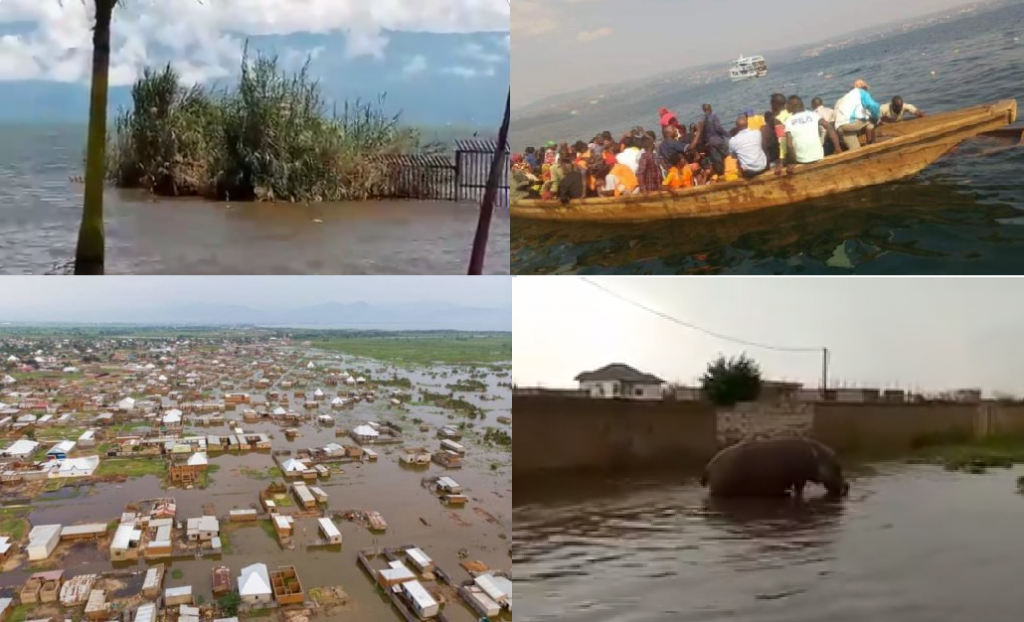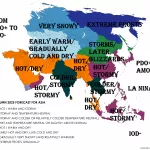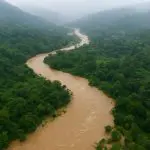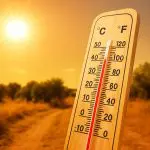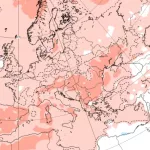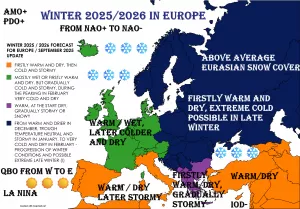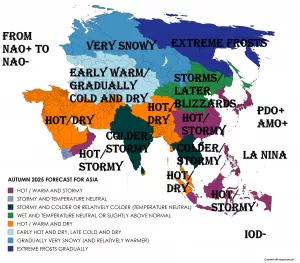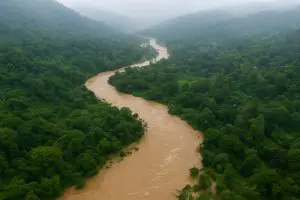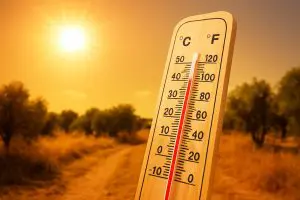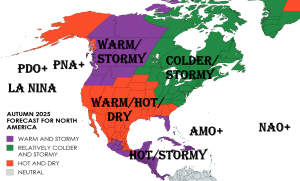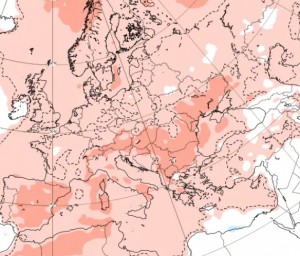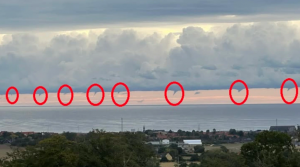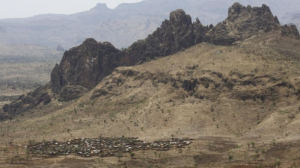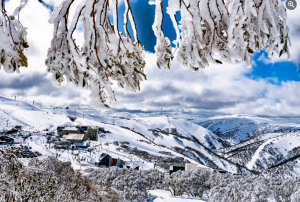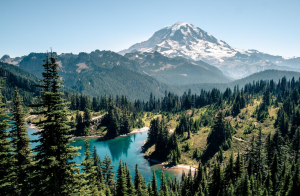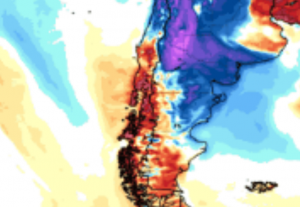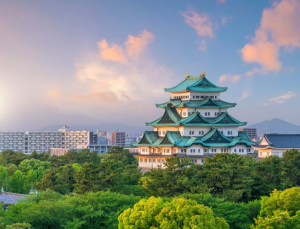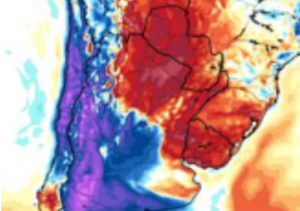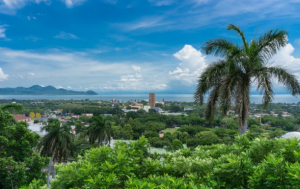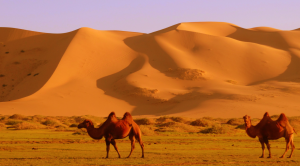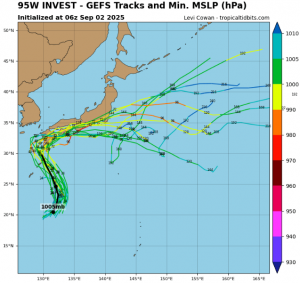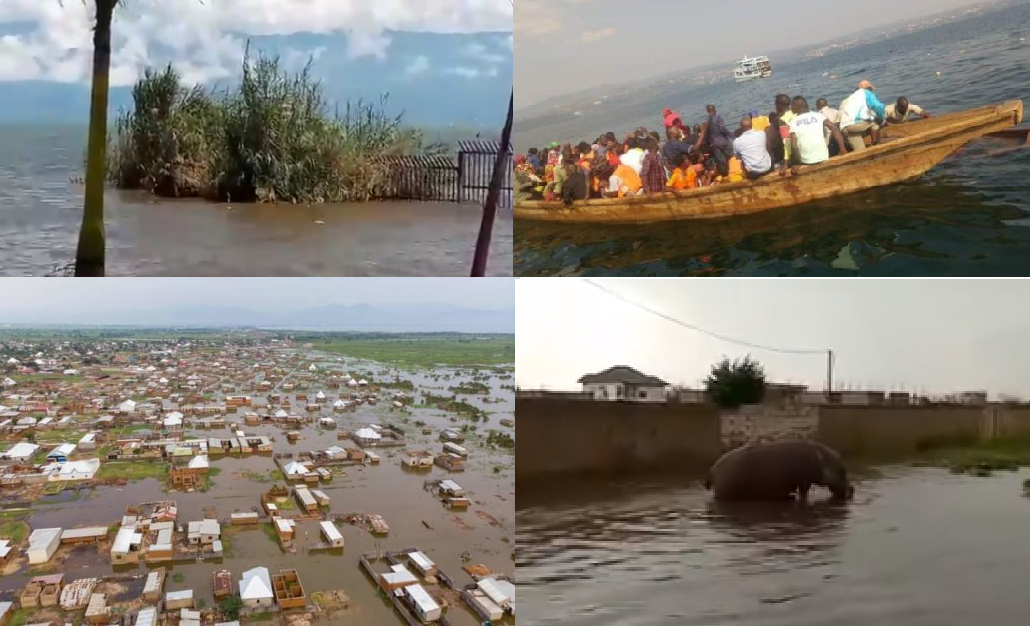
Parts of Burundi, Tanzania, DR Congo and Zambia in Spring 2021 face to unprecedented event.
The longest fresh water lake in the world and the second deepest globally, Tanganyika, after series of floods associated with regime of ENSO in East Africa in last years, reports water levels never seen before.
Levels of lake overcame in April 2021 the record year 1964 and big problem reports mainly Bujumbura, Burundi´s capital, situated on shores of the lake.
The Lukuga river, on the side of the Democratic Republic of Congo (DRC), which is its outlet did not contain the flow according to /https://www.cajnewsafrica.com/2021/04/27/tanganyika-bursting-at-the-seams-after-burundi-floods//.
May 2021 brings in the region next severe rains and levels of the lake will be furthermore rising.
Since 2015, by slow process of rising water levels, around 7000 households in Bujumbura and the next thousands in other regions, were affected.
During the tragedy in April 2020, the rising waters of the lake caused the death of 46 people, in South Kivu, DR Congo. /https://www.afrik21.africa/en/drc-the-new-rise-in-the-water-level-of-lake-tanganyika-causes-concern//
Climate change is the main cause of the rising waters of Lake Tanganyika. Exacerbating weather phenomena, leading to storms of greater magnitude and intensity in equatorial and subequatorial climate zone. Moreover, forest planted around Lake Tanganyika to hold back the waters has been destroyed by humans according to www.afrik21.africa.
Rising of precipitation amounts in warmer climate is observed in most regions around the world and in some, evaporation is not sufficient to regulate hydro-climate systems.
